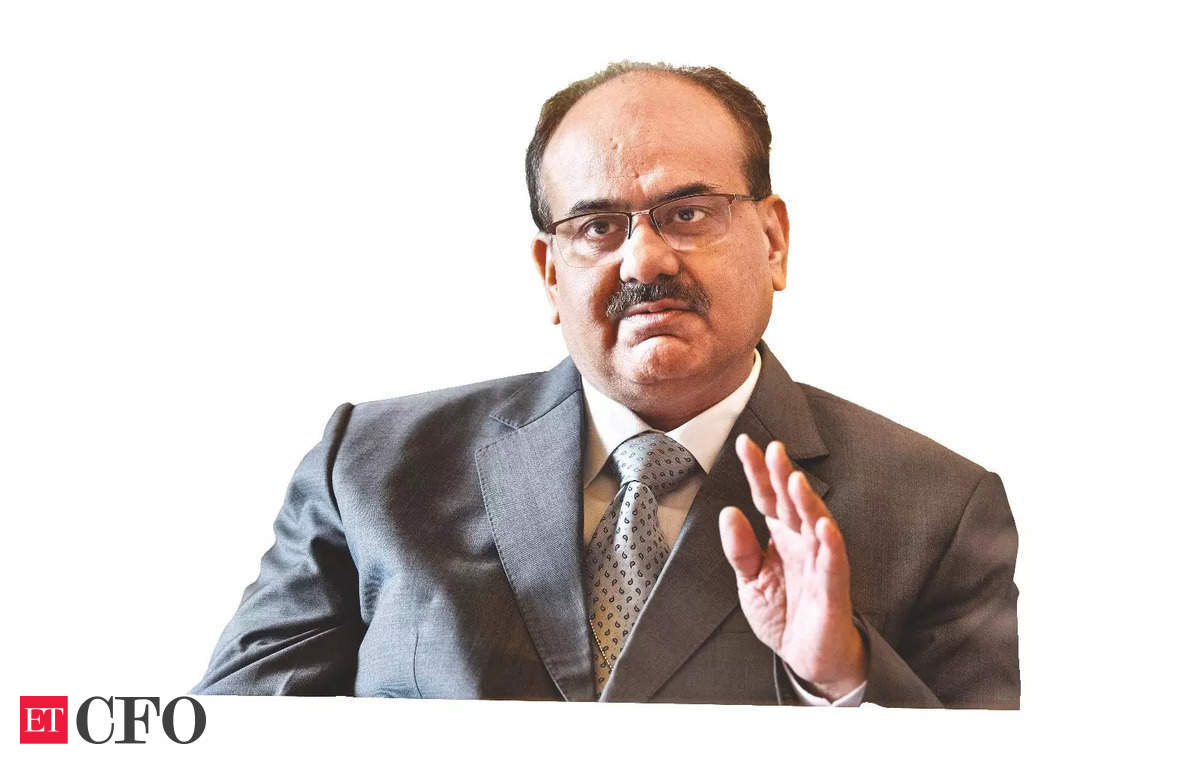
[ad_1]
The annual inspections of major audit firms planned by the National Financial Reporting Authority (NFRA) will help bolster compliance with auditing standards and protect the interests of investors and shareholders, said its chairman Ajay Bhushan Pandey. In an interview to ET, he said the regulator is also planning to hold talks with the audit committees and independent directors of listed firms. Edited excerpts:
Why did the NFRA decide to conduct annual inspections of major audit firms? Is it a regulatory crackdown?
Let me first make it very clear that it is not a regulatory crackdown. As per section 132 of the Companies Act, the NFRA has the responsibility and obligation of monitoring and enforcing the compliance of accounting and auditing standards. These inspections are an exercise to fulfil that mandate. Also, inspection is a regular feature of major audit regulators across jurisdictions, including the US, the UK, Canada and Australia. Moreover, thanks to the massive growth in digital public infrastructure in recent years, millions of small and retail investors, in addition to the big domestic and foreign ones, are putting their money in the capital market. It is very essential to protect their interests and enhance trust in financial reporting of companies.
What will be the focus of the NFRA’s annual inspections?
The purpose of such inspections is to monitor the audit firms and look at their practices. We will see to what extent the auditors follow those standards or maintain their independence or exercise any oversight over the engagement team which does the actual audit. The idea is to ensure quality at the source (audit firm) itself. Similarly, if the audit documentations have been maintained properly, it gives confidence to the regulator and to the entire ecosystem.
How will you ensure the audit committee of companies, comprising mostly independent directors, play their part in improving audit quality?
Audit committees and boards have a crucial role in preparation of financial statements and ensuring that these represent a true and fair view of the companies. Auditing standards require that there should be an effective two-way communication between the auditor and those charged with the governance of a company, which is usually the audit committee and the board. We have found that in many cases of corporate failures, audit committees or boards did not exercise requisite oversight and also there was no such effective two-way communication. In some cases, we found the meeting between the auditors and the audit committee is reduced to a formality – that is, before the board meeting to approve the financial statement, the audit committee meeting is held for 15-20 minutes.
Is there any plan to address this issue?
We are planning to soon have dialogues with the audit committees of the listed companies where we find initial signs of trouble. These dialogues will make them aware of their responsibilities.
Does the NFRA have a role in regulating audits of large private firms like Byju’s?
Under section 132 of the Companies Act, the NFRA has jurisdiction over the auditors of all listed and large unlisted public limited companies for professional lapses. Private companies are not within the inherent jurisdiction of the NFRA. However, the government has the powers under the Companies Act to refer any such cases to the NFRA, considering public interests.
What new initiatives are you taking to bolster the overall audit ecosystem?
First, we will conduct the inspection of a larger number of audit firms this time. We will deploy data analytics and artificial intelligence to select the companies for inspection. Second, we will have dialogues with the audit committees and independent directors of listed companies.
Third, we are also conducting seminars and other outreach activities to make auditors and audit committees aware of their responsibilities. We are organising, for the first time, an international conference on March 5-6, which eminent experts from across the globe and our counterparts from the US, Austria and other countries will attend. The idea is to facilitate exchanges of inputs and sharing of experiences on how best to improve audit quality.
The NFRA has objected to non-audit services extended by certain audit firms to companies of which they are statutory auditors. Is there a regulatory grey zone with regard to such services?
There is no grey zone. Non-audit services are very intricately linked to the issue of auditor independence. The auditors are expected to provide a true and fair view of the company and not just toe the management line. But if an auditor or its related or network entity undertakes non-audit activity relating to the same client or its group companies, this can potentially create a conflict of interest or lead to what is called the “familiarity threat”, “self-review threat”, “advocacy threat” or “financial interest threat”. So, all these things should be avoided. Once people read both section 144 of the Companies Act (which deals with prohibited non-audit services) and the Code of Ethics, there should be no confusion.
[ad_2]
Source link









